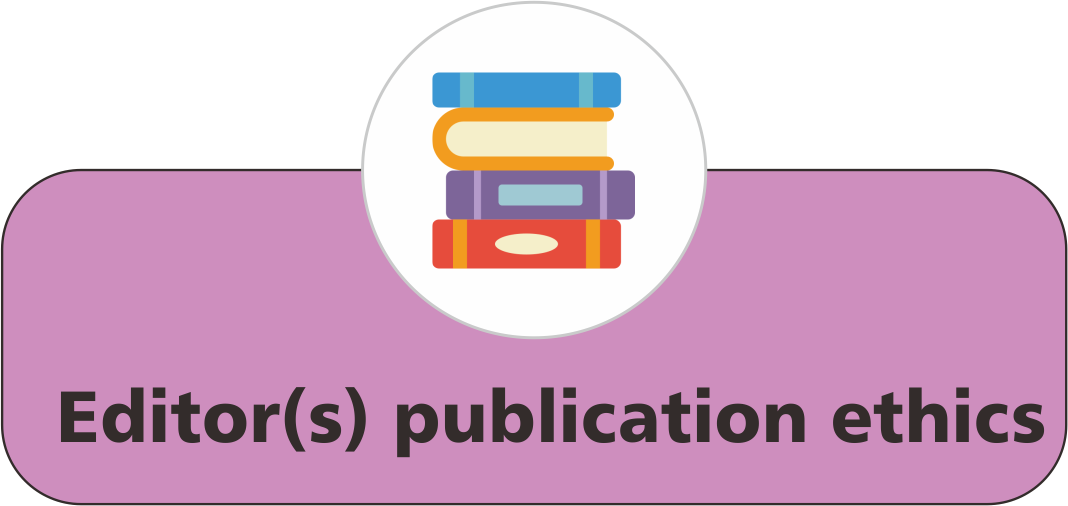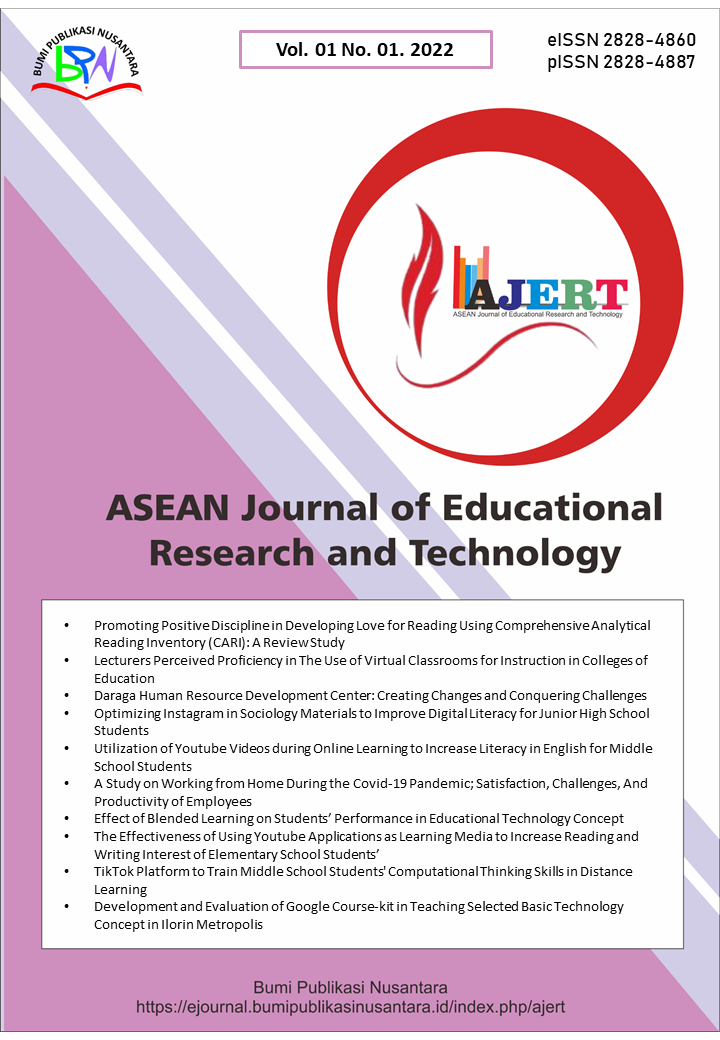Advanced Engineering Schools as Innovation Hubs in Post-Industrial Higher Education: Institutional, Pedagogical, and Business Model Perspectives
 ),
),
(1) Moscow Polytechnic University; Russian University of Social Technologies
 Corresponding Author
Corresponding Author
Abstract
This paper examines the role of Advanced Engineering Schools (AES) as key innovation subsystems within post-industrial higher education. Drawing on institutional theory, systems analysis, and creative pedagogy, the study explores how AES integrates scientific research, technological innovation, and educational practices to enhance university competitiveness and national technological sovereignty. The research presents the organizational structure of AES, its business models, customization strategies, and the incorporation of neuro-innovation and personnel development systems. The study also highlights how AES fosters creative pedagogy to prepare graduates for future-oriented professions and contribute to the formation of a national creative class. By integrating research, innovation, and education, AES serves as a dynamic platform for interdisciplinary learning, offering valuable insights for higher education reform globally. The findings contribute to the development of educational models that balance innovation, institutional transformation, and pedagogical creativity in the rapidly evolving landscape of higher education.
Keywords
References
Al-Sulaiti, A., Hamouda, A. M., Al-Yafei, H., and Abdella, G. M. (2024). Innovation-based strategic roadmap for economic sustainability and diversity in hydrocarbon-driven economies: the Qatar perspective. Sustainability, 16(9), 3770.
Barbashina, N. S., Tikhomirov, G. V., and Shevchenko, V. I. (2023). Best practices of advanced engineering schools. Professor's Journal. Series: Technical Sciences, 1(6), 4–21.
Belomestnov, V. G. (2019). Innovative economy of Russia: The institutional approach. Problems of the Modern Economy, 4(72), 30–34.
Belomestnov, V. G. (2019). Innovative economy of Russia: The institutional approach. Problems of the Modern Economy, 4(72), 30–34.
Bidzhiev, A. O. (2023). Expediency of forming competence development centers at higher educational institutions. The Flagship of Science, 4(4), 330–338.
Glushchenko, V.V. (2022). Ergo design of mentoring in the national ecosystem of vocational education in the period of the 10th technological order. Indonesian Journal of Educational Research and Technology, 2(3), 223-236.
Glushchenko, V.V. (2023). Ergo design in project management based on the general theory of transport systems in the conditions of the 10th technological order. ASEAN Journal of Science and Engineering, 3(3), 289-300.
Glushchenko, V.V. (2024). Formation of pedagogy of higher project education in the period of the new 18th-century technological order. Indonesian Journal of Teaching in Science, 4(2), 205-258.
Glushchenko, V.V. (2025). Formation of the methodology of the project-activity game in inclusive higher education. Indonesian Journal of Multidiciplinary Research, 5(1), 53-58.
Jafarov, S. (2023). Synergetic and innovative approaches to education. Revista De Investigaciones Universidad Del Quindío, 35(1), 415-430.
Khoperskov, K. T. (2024). The experience of the Krasnodar multidisciplinary institute of additional education in distance learning of specialists in the field of additional professional education. A Young Scientist, 23(522), 301–306.
Mikryukova, O. S. (2024). Technology transfer centers: Key players in the field of scientific competencies. The Matrix of Scientific Knowledge, 10(1), 423–429.
Wong, C. Y., Yeung, H. W. C., Huang, S., Song, J., and Lee, K. (2024). Geopolitics and the changing landscape of global value chains and competition in the global semiconductor industry: Rivalry and catch-up in chip manufacturing in East Asia. Technological Forecasting and Social Change, 209, 123749.
Ziembla, M., Uyarra, E., and Pinkse, J. (2024). The uphill battle for reinventing post-industrial regions: The case of Greater Manchester's ‘clean growth’mission. Environmental Innovation and Societal Transitions, 53, 100915.
Article Metrics
Abstract View : 461 times
: 461 times Download : 167 times
Download : 167 times
Refbacks
- There are currently no refbacks.
Copyright (c) 2025 Bumi Publikasi Nusantara

This work is licensed under a Creative Commons Attribution-ShareAlike 4.0 International License.









